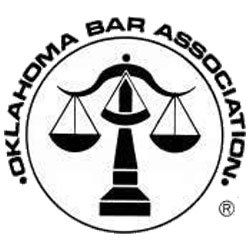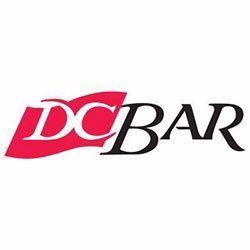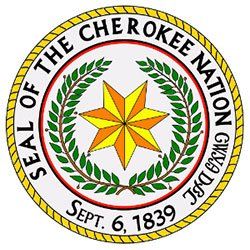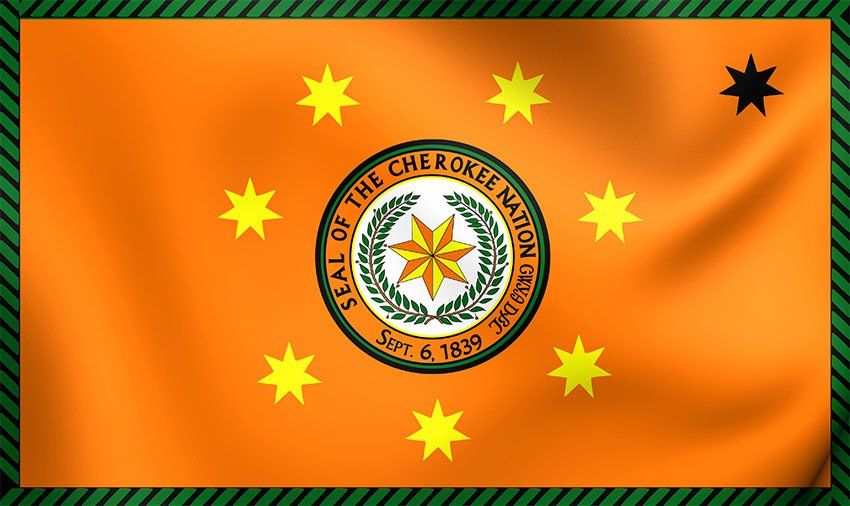Cherokee Nation Law
The Cherokee Nation is the largest tribal nation in the United States. More than 320,000 people are citizens of the Cherokee Nation. The Cherokee Nation and its business entities employ more than 11,000 people. By citizenship, it is a sovereign roughly half the size of each of Wyoming, Vermont, and the District of Columbia, respectively.
The Cherokee Nation government and legal system are analogous to that of a small state, with some differences and issues unique to tribal governments. The Cherokee Nation Constitution incorporates many of the protections enshrined in the United States and Oklahoma Constitutions. The Cherokee Nation Code is a robust and codified set of statutes. The judicial branch of the government is composed of an active District and Supreme Court.
Cherokee Nation law and its legal system cover a broad range of subjects and issues, again, just as a small state’s does. Of common practical significance are garnishments involving employees of the Cherokee Nation and its business entities, none of whom are amendable to garnishment under Oklahoma law. Rather, as a practical matter, the judgment must first be domesticated in and the garnishment issued from the Cherokee Nation Court. Another common situation is a person being charged with a crime while on the premises of one of the tribe’s gaming facilities, or elsewhere within the tribe’s jurisdiction, where jurisdiction lies with the Cherokee Nation and its Courts. The jurisdiction of the Cherokee Nation certainly isn’t limited to these two subject areas and is very wide-ranging, however. Whatever is your legal need or issue within the Cherokee Nation, contact us to discuss how we can help.
Further, our services extend to the courts of other tribal nations, on a case-by-case basis. If you have an issue involving tribal law or jurisdiction, contact us to discuss how we may be able to help you.






